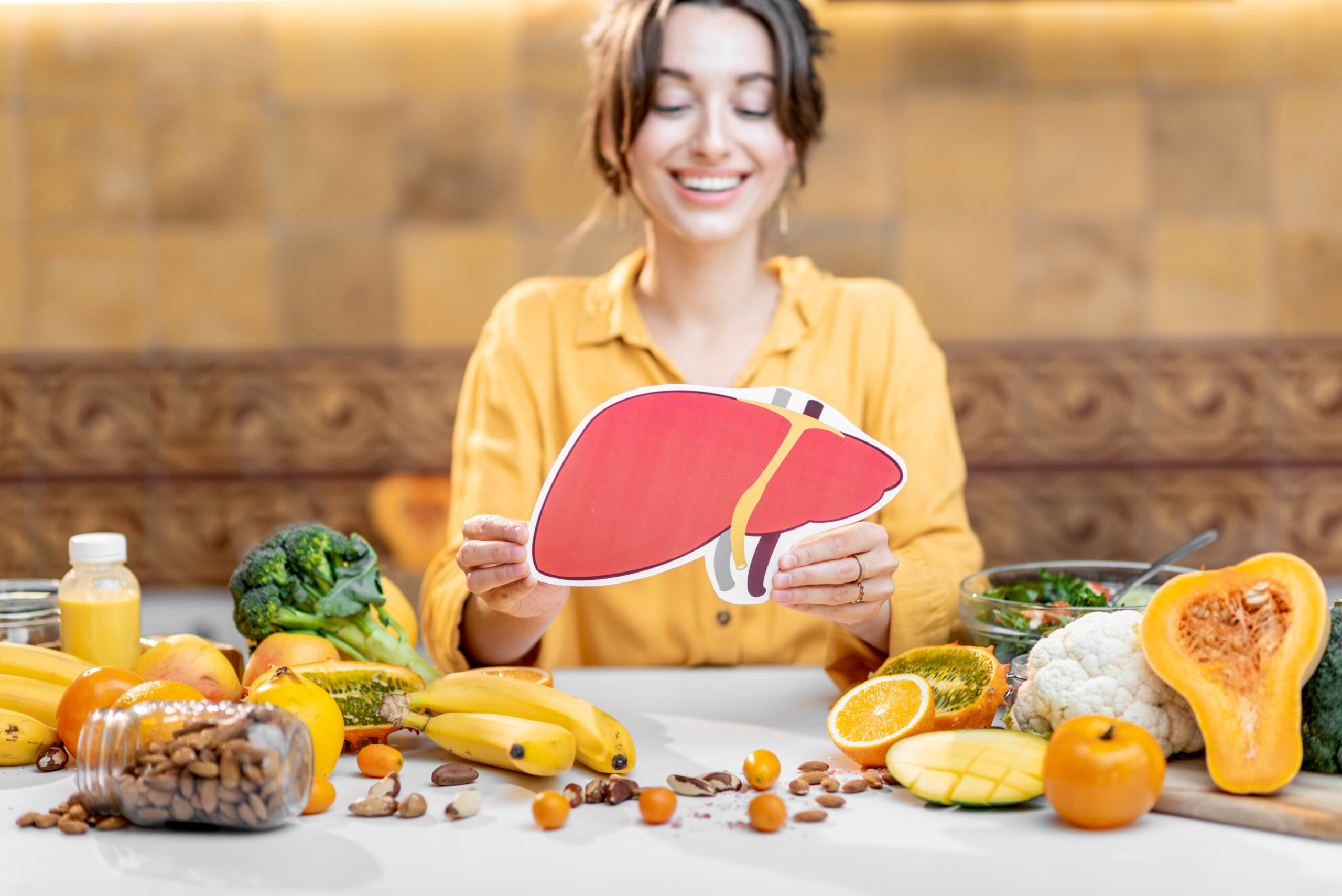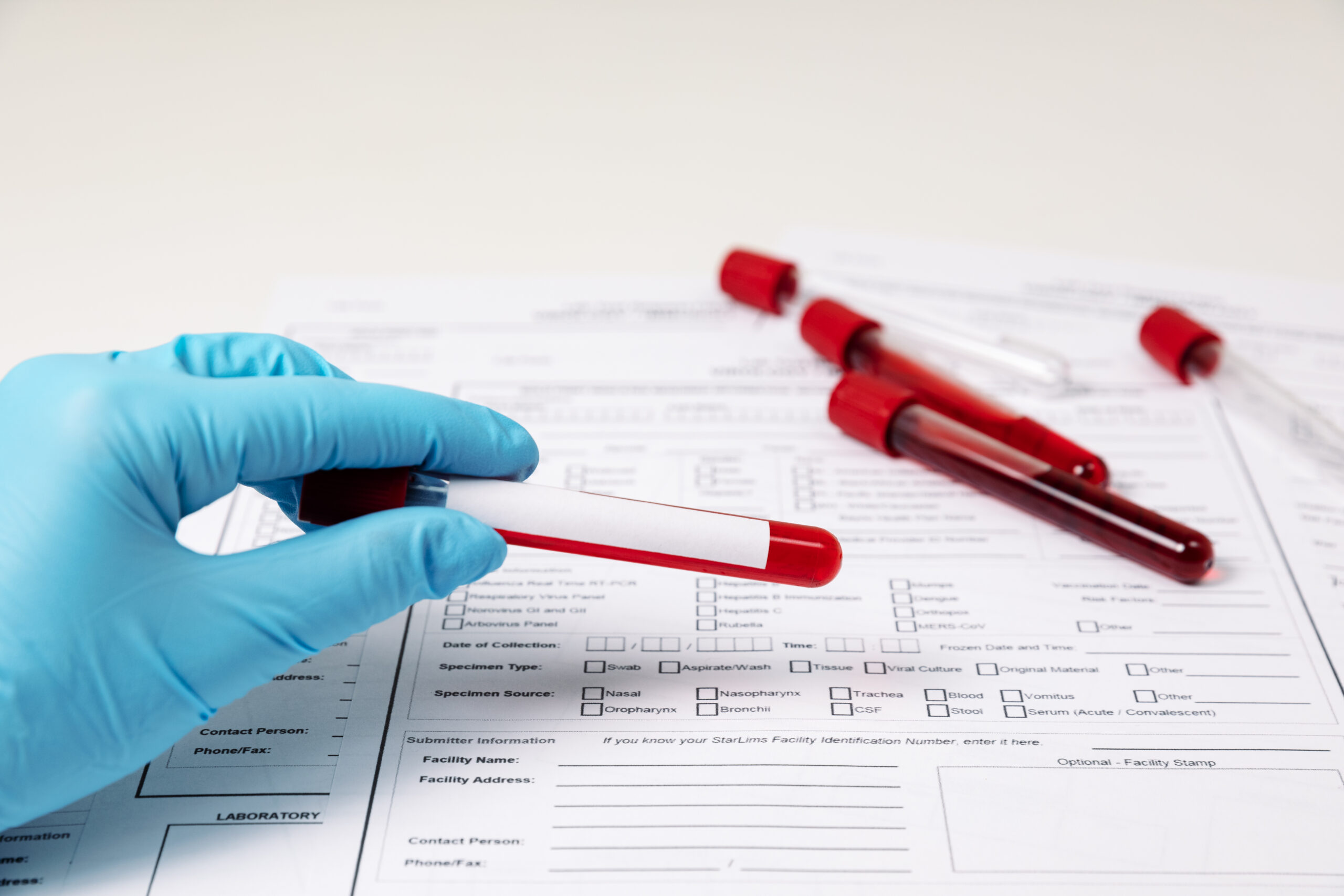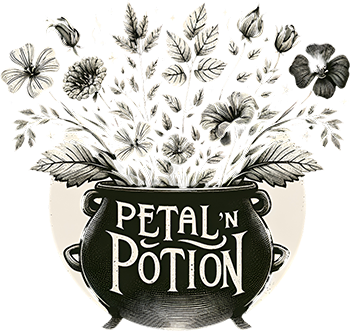T h e L i v e r

The liver is one of the most important organs in the body, playing a central role in detoxification and maintaining overall health. It processes nutrients, filters blood, and removes toxins from the body. Understanding the liver’s function and how to support its health is essential for effective detoxification and overall well-being.

Understanding the
L i v e r
Anatomy of the Liver
The liver is a large, reddish-brown organ located in the upper right quadrant of the abdomen, just beneath the diaphragm. It is divided into two main lobes (right and left) and is highly vascularized, receiving blood from both the hepatic artery and the portal vein.
This guide will explore the anatomy and function of the liver, its role in detoxification, methods to support liver health, and lifestyle factors that enhance hepatic function.
F u n c t i o n s o f t h e L i v e r
The liver performs over 500 vital functions, some of which include:
- Detoxification: Filters and removes toxins from the blood.
- Metabolism: Metabolizes carbohydrates, fats, and proteins.
- Bile Production: Produces bile, which is essential for digesting fats.
- Storage: Stores vitamins, minerals, and glycogen for energy.
- Synthesis: Produces critical proteins like albumin and clotting factors.
- Immune Function: Contains Kupffer cells that help remove bacteria and pathogens from the blood.
The role of the
L i v e r i n D e t o x i f i c a t i o n
Toxin Removal
The liver detoxifies the body by filtering blood and breaking down harmful substances, including:
- Alcohol: Metabolized primarily in the liver.
- Medications: Processed and rendered inactive or less toxic.
- Environmental Toxins: Such as pesticides and heavy metals.
- Waste Products: Byproducts of metabolism, like ammonia.

Phase I & Phase II Detoxification
The liver detoxifies substances through a two-phase process:
- Phase I Detoxification: Enzymes such as cytochrome P450 convert toxins into intermediate forms, often making them more reactive.
- Phase II Detoxification: Conjugation pathways (like glucuronidation, sulfation, and methylation) further process these intermediates, making them water-soluble for excretion via urine or bile.
Bile Production & Fat Digestion
The liver produces bile, stored in the gallbladder and released into the small intestine to aid in the digestion and absorption of fats. Bile also helps eliminate waste products from the liver.

Methods to
S u p p o r t L i v e r H e a l t h
Healthy Diet
A balanced diet rich in nutrients supports liver health and enhances detoxification.
- Leafy Greens: Spinach, kale, and Swiss chard help increase bile production.
- Cruciferous Vegetables: Broccoli, cauliflower, and Brussels sprouts support Phase II detoxification.
- Antioxidant-Rich Foods: Berries, nuts, and seeds protect liver cells from oxidative stress.
- Whole Grains: Brown rice, oats, and quinoa provide essential fiber.
- Lean Proteins: Chicken, fish, and legumes support metabolic functions.
H y d r a t i o n
Staying well-hydrated is crucial for liver function as it aids in the elimination of toxins and metabolic waste.
- Daily Intake: Aim to drink at least 8-10 glasses of water per day.
- Hydrating Foods: Include fruits and vegetables with high water content, such as cucumbers, watermelon, and oranges.
A v o i d A l c o h o l & T o x i n s
Limiting alcohol and avoiding environmental toxins can prevent liver damage and support detoxification.
- Limit Alcohol: Reduce or eliminate alcohol consumption.
- Avoid Toxins: Minimize exposure to harmful chemicals, pesticides, and pollutants.
E x e r c i s e R e g u l a r l y
Physical activity supports overall health, including liver function. Regular exercise helps maintain a healthy weight and reduces the risk of fatty liver disease.
- Aerobic Exercise: Such as walking, running, or cycling.
- Strength Training: To build muscle and support metabolic health.
- Flexibility Exercises: Such as yoga or stretching.
H e r b a l S u p p l e m e n t s
Certain herbs can support liver health and enhance detoxification.
- Milk Thistle: Contains silymarin, known for its liver-protective properties.
- Dandelion Root: Acts as a diuretic and supports liver detoxification.
- Turmeric: Contains curcumin, which has anti-inflammatory and antioxidant effects.
Lifestyle Factors to
E n h a n c e L i v e r F u n c t i o n
Stress Management
Chronic stress can negatively impact liver health. Incorporating stress-relief techniques can support overall wellness.
- Meditation: Practice mindfulness or guided meditation to reduce stress.
- Deep Breathing: Engage in deep breathing exercises to promote relaxation.
- Hobbies: Participate in activities that bring joy and relaxation.

Adequate Sleep
Quality sleep is essential for overall health, including liver function. Aim for 7-9 hours of quality sleep per night.
- Consistent Schedule: Maintain a regular sleep-wake cycle.
- Sleep Environment: Create a dark, cool, and quiet sleeping environment.
- Wind Down Routine: Establish a relaxing pre-sleep routine.
Regular Checkups
Regular medical check-ups can help monitor liver health and catch any potential issues early.
- Blood Tests: Regularly check liver enzymes and other blood parameters.
- Ultrasound: Imaging tests to monitor liver size and structure.
- Consultation: Regular visits to your healthcare provider.
P r e - C l e a n s i n g T i m e l i n e
week 1
(Days 1-7)
Initial Preparation
- Hydration: Start increasing your water intake.
- Diet: Transition to a liver-friendly diet rich in leafy greens, cruciferous vegetables, and antioxidant-rich foods.
- Exercise: Incorporate daily physical activities like walking or yoga.
- Stress Management: Introduce stress-relief techniques such as meditation and deep breathing.
week 2
(Days 8-14)
Enhanced Support
- Herbal Supplements: Introduce supportive herbs gradually, such as milk thistle and dandelion root.
- Hydrating Foods: Increase your intake of hydrating fruits and vegetables.
- Sleep Hygiene: Focus on improving sleep quality by establishing a consistent sleep routine.
- Limit Alcohol: Reduce or eliminate alcohol consumption.
week 3
(Days 15-21)
Intensifying Efforts
- Increased Exercise: Increase the intensity and duration of workouts.
- Balanced Diet: Continue with a liver-friendly diet, emphasizing cruciferous vegetables and lean proteins.
- Herbal Teas: Incorporate herbal teas that support liver health, such as turmeric tea.
- Regular Check-Ups: Schedule a visit with your healthcare provider to monitor liver function.
week 4
(Days 22-30)
Final Steps
- Consistency: Maintain all practices consistently.
- Assessment: Evaluate how your body feels and make adjustments if necessary.
- Preparation for Cleanse: Ensure you are fully ready to begin your detox or parasite cleanse by optimizing hydration, diet, exercise, and stress management.
The liver is a central organ for detoxification and maintaining overall health. By understanding its function and adopting lifestyle practices that support liver health, you can enhance the effectiveness of your detoxification efforts and promote overall well-being. Prioritizing hydration, maintaining a balanced diet, engaging in regular physical activity, managing stress, and limiting alcohol and toxin exposure are key strategies for optimal liver function.
